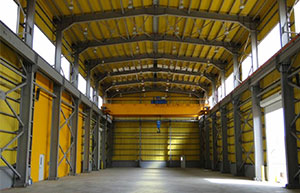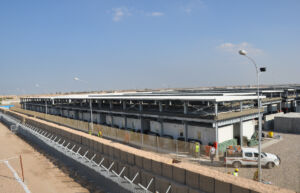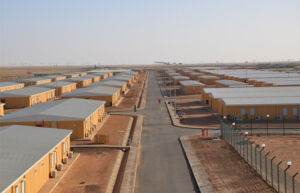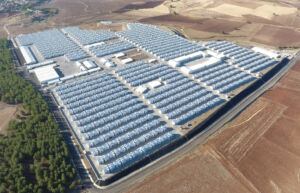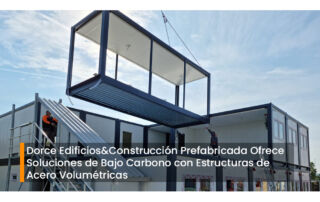The Advantages of Modular Building Design
In today’s fast-paced construction industry, efficiency, sustainability, and cost-effectiveness are key factors that drive innovation. Modular building design has emerged as a game-changer, revolutionizing the way structures are planned, fabricated, and assembled. Companies like Dorce Prefabricated and Construction are leading the industry by providing high-quality modular solutions that meet diverse project needs.
What is Modular Building Design?
Modular building design involves the prefabrication of structural components in a controlled factory environment before being transported to the construction site for assembly. Unlike traditional construction methods, where every element is built on-site, modular construction allows for greater precision, faster project completion, and minimal environmental impact.
Key Benefits of Modular Building Design
1. Time Efficiency
One of the biggest advantages of modular construction is its speed. Since building modules are prefabricated simultaneously while site work is underway, project timelines can be reduced by up to 50%. This makes modular buildings ideal for projects requiring rapid deployment, such as emergency housing, hospitals, or office spaces.
2. Cost Savings
Modular construction reduces labor costs, material waste, and construction time, resulting in significant cost savings. By manufacturing building components in a factory setting, the process becomes more predictable, reducing unexpected expenses due to weather delays or site-specific challenges.
3. Sustainability & Eco-Friendliness
The modular approach minimizes waste by optimizing material usage and recycling leftover resources. Additionally, factory-controlled environments reduce energy consumption, making modular buildings a more sustainable option compared to conventional construction.
4. High-Quality & Durability
Because modular components are manufactured under strict quality control standards, they often exceed the quality of traditional on-site construction. Modular buildings also undergo rigorous testing to ensure structural integrity, making them highly durable and long-lasting.
5. Flexibility & Scalability
Modular buildings are highly adaptable and can be easily expanded, reconfigured, or relocated to meet changing needs. Whether for residential, commercial, or industrial use, modular designs provide the flexibility needed to optimize space utilization.
Applications of Modular Construction
- Commercial Buildings: Offices, retail spaces, and hospitality structures can benefit from modular solutions for quick and efficient construction.
- Healthcare Facilities: Hospitals and clinics require rapid and reliable construction solutions, which modular buildings provide.
- Educational Institutions: Schools and universities can utilize modular classrooms for faster expansion.
- Industrial & Military Infrastructure: Modular construction is widely used for remote operations, including mining camps and military bases.
Why Choose Dorce for Modular Construction?
Dorce Prefabricated and Construction is a global leader in modular building solutions, offering innovative designs that meet international standards. With decades of experience, Dorce provides customized modular buildings tailored to specific industry requirements, ensuring durability, efficiency, and sustainability.
Conclusion
As the construction industry continues to evolve, modular building design remains at the forefront of innovation. With its numerous advantages, including speed, cost-effectiveness, sustainability, and flexibility, modular construction is an ideal solution for modern infrastructure needs. By partnering with an industry leader like Dorce, businesses and organizations can harness the full potential of modular building technology for their projects.
For more information about modular construction solutions, visit Dorce Prefabricated and Construction.
